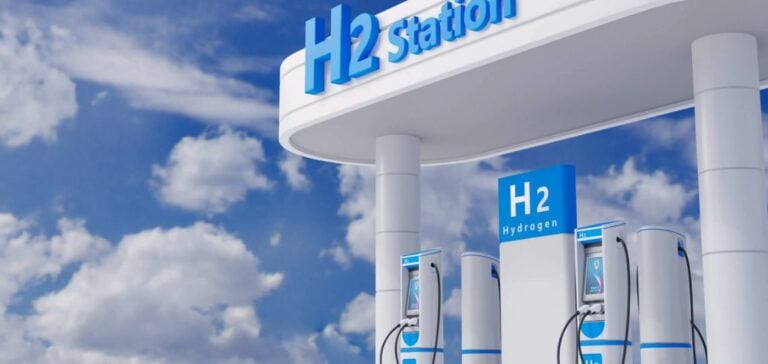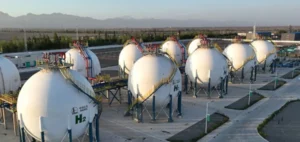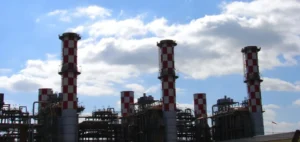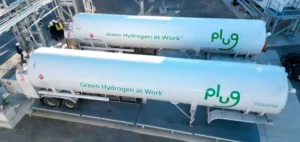The city of Katowice in Poland is reinforcing its energy infrastructure with the opening of a public hydrogen refueling station. This facility, located in the Silesia region, is part of the Clean Cities – Hydrogen Mobility in Poland project, supported financially by the European Union and the National Fund for Environmental Protection and Water Management (NFOŚiGW).
The station, built on an existing site, has a storage capacity of 630 kg of hydrogen and can refuel up to 20 buses and five passenger cars daily. It offers two pressure systems suited to different uses: 350 bars for heavy vehicles and 700 bars for light vehicles.
A structuring project for mobility
The deployment of this infrastructure aims to support the energy transition in Poland by providing a viable alternative to fossil fuels. This station is the second public hydrogen facility in Poland, following Poznań, which serves a fleet of 25 municipal buses.
In parallel, the program plans to open eight additional stations in strategic cities such as Warsaw, Bielsko-Biała, and Gdynia as part of the second phase of the Clean Cities project. The funding, which includes a €62 million non-repayable European grant, supports this essential development.
A European ambition for 2030
On a larger scale, Poland integrates into a European strategy aiming to establish a cross-border network of over 100 hydrogen stations by 2030. This network will also cover the Czech Republic and Slovakia. Supply will be ensured by hubs using renewable energy and advanced technologies to convert waste into hydrogen.
International collaboration and innovations
The HySPARK project, coordinated by a European consortium, illustrates Poland’s commitment to large-scale international initiatives. This program, funded with €9 million, focuses on developing hydrogen vehicles for public transport and Warsaw’s airport infrastructure. These initiatives support sustainable energy transition while strengthening the economic competitiveness of the sector.






















